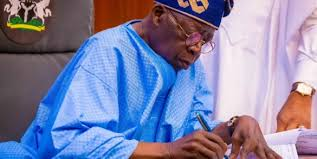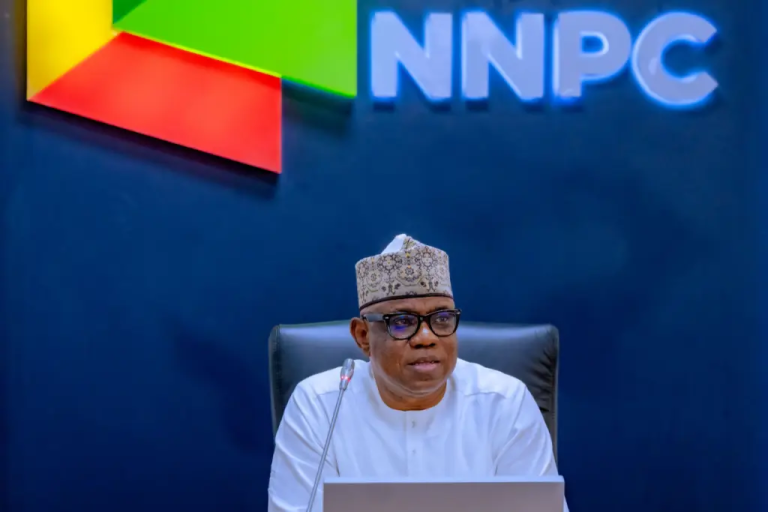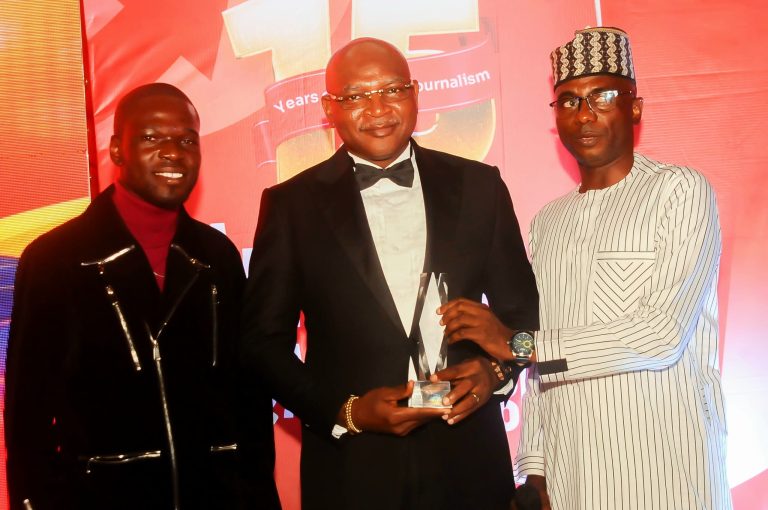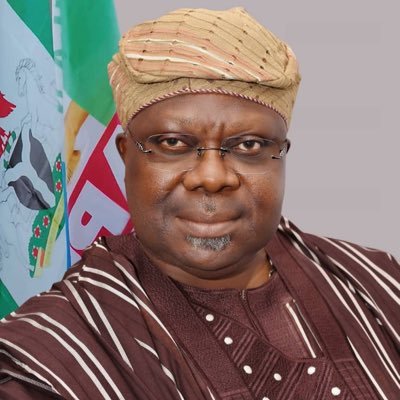
“TRANSFORMER PURCHASE REFUND: NERC REGULATIONS EMPOWER CONSUMERS”

GREATRIBUNETVNEWS–THE Nigerian Electricity Regulatory Commission (NERC) has regulations in place to protect consumers who contribute money to purchase transformers for electricity distribution. According to NERC, consumers can recover their money from Distribution Companies (DisCos) if they purchased transformers to facilitate electricity connection .
Key Provisions
– Refund Mechanism: NERC states that DisCos should finance the purchase of transformers and other assets through their internal revenue or loans. However, if consumers purchase these assets, they can be refunded over an agreed period.
– Prohibition on Unlawful Charges : DisCos are not allowed to demand payment from consumers for assets like transformers and poles, as the cost is already incorporated into electricity tariffs.
– Importance of Documentation : Consumers who contribute to purchasing assets should ensure they have a documented agreement with the DisCo to facilitate refunds .
Consumer Protection
NERC advises consumers to report any unlawful demands or refusal to refund money to the DisCo’s office or the Commission directly. This aims to protect consumers from exploitation and ensure that DisCos adhere to regulations .
NERC REGULATION ON INVESTMENT IN DISCO NETWORK
The Commission has since 2015 issued a regulation to guide customers on investing in the Nigerian Electricity Supply Networks.
NERC said Investments by Non-Licensees shall be made only in networks owned, operated and maintained by licensees (DisCo). Therefore, Non-licensees desirous of investing in a network shall enter into a project agreement with the licensee of that network.
The Commission said the project agreement shall cover the following areas: (a) Nationwide electricity credit check and control in respect of the entity; (b) Feasibility study; (c) Planning and design; (d) Construction standards; (e) Capital contribution by the entity in comparison with MYTO provisions; (f) Procurement procedure; (g) Construction and Commissioning procedure; (h) Formal hand over and connection of completed project; (i) Payment/Amortization schedule; and (j) Dispute Resolution (iv) All agreements for investment in networks shall be submitted by the Licensee to the Commission for approval.
NERC said it may, where deemed necessary, request further documents from the applicant in support of the application; it shall within 30 days of receipt of the application along with all other necessary documents communicate to the applicant whether or not the application is approved.
Adding that if after thirty (30) days, the Commission’s approval is not communicated to the Licensee, the agreement may be executed by the parties. And where the Commission has given its approval, the Licensee shall ensure strict compliance with the Commission’s approval; The Licensee shall obtain the Commission’s approval prior to any deviation from the approved Project Agreement and milestone.
It said all signed agreements for investment in networks shall be forwarded to the Commission by the licensee for filing. And upon completion of any network investment project, the licensee shall send the following details to Commission: (a) Notice of completion of project and date of completion; (b) As-built single line diagrams and geographical drawings; (c) Commissioning Test Reports and date of commissioning; (d) Schedule of actual investment costs with explanatory notes; and (e) Any relevant information.
NERC noted that where a Licensee is not satisfied with the Commission’s decision, the licensee may apply for a review of the decision in line with Section 50 of the EPSR Act.
Speaking on the matter, former Chairman of NERC, Dr. Sam Amadi, said whoever willing to invest in the Distribution Network should sign a contract with the DisCos. Noting that the agreement would guide them on how to recover the money.
“The Community has no agreement with the DisCo, so if they are eager to invest, they must sign an agreement with the DisCo, which NERC has to enforce.
“NERC should ensure that every asset in the sector is provided by the operator. However, if it is provided by the third party, it should be provided under a condition. Because the operator will still make money from the asset.
“The regulator will ascertain whether the asset is free or not. If it’s given free, the regulator will remove it from their allowable revenue,” he noted.
On whether the money invested should be paid back in Cash or electricity bills, Dr. Amadi said it depends on the agreement signed between the DisCo and the investors.
He however, noted that some of the DisCos are not willing to invest in the network even when people are building every day.
On his part, the President of the Electricity Consumer Advocacy Group, Princewill Okorie, said no one puts money in a sector that has no accountability and transparency.
“The power sector in Nigeria was criminally designed to extort money from Nigerians,” he said.
However, he advised that for greater investment in the distribution value chain of the sector, more awareness should be created about the NERC’s Third-party investment policy







